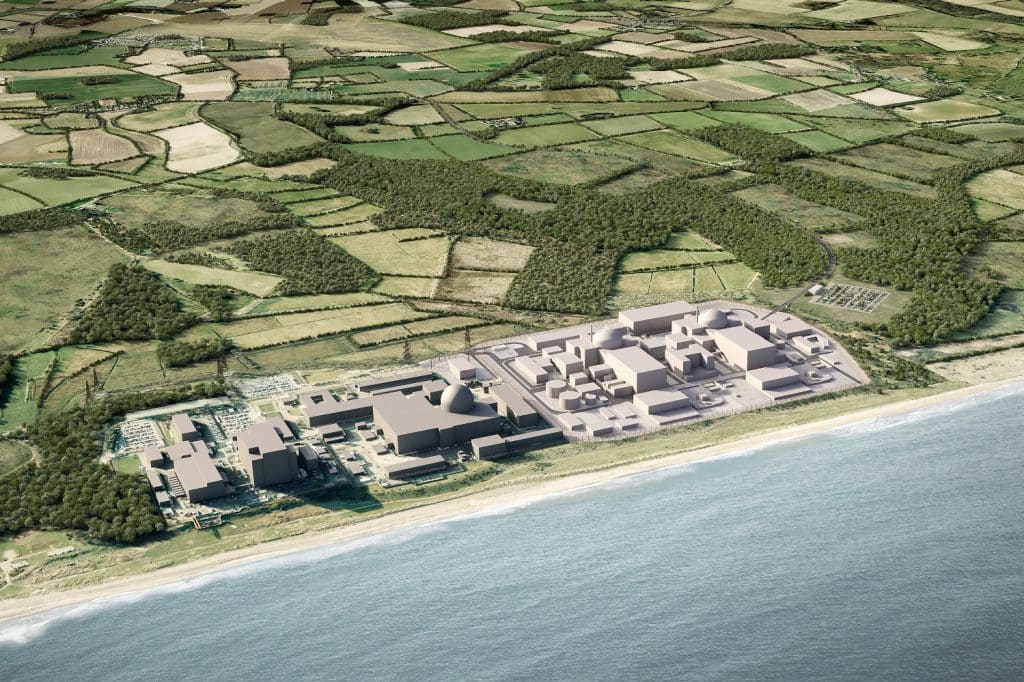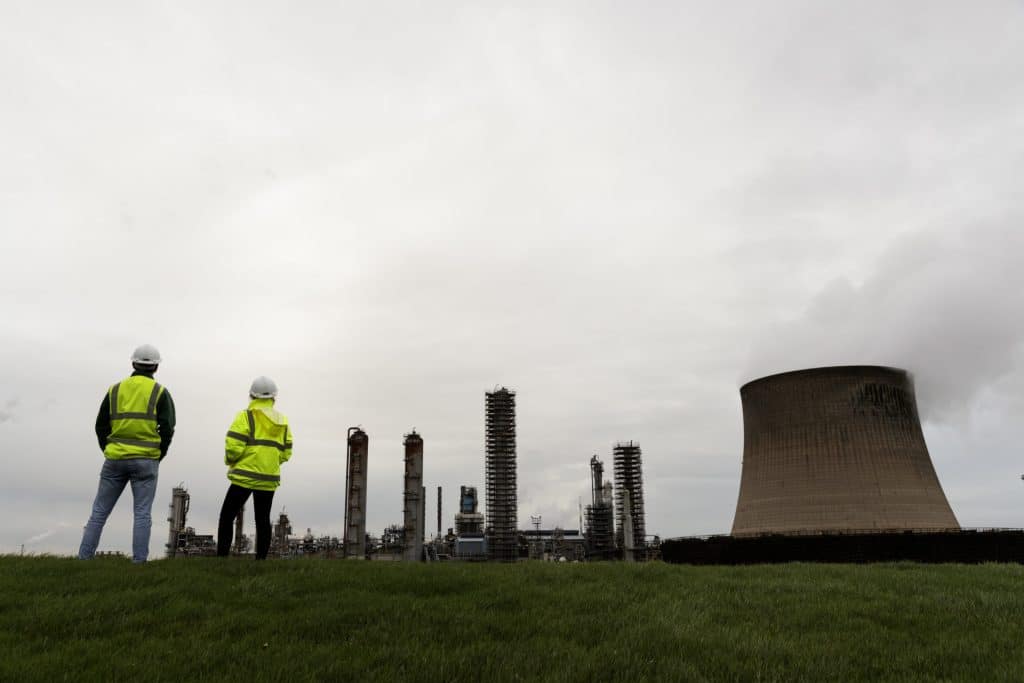Spring Budget 2023 | Government reclassifies nuclear energy to boost investment

This post was originally published on this site

Chancellor Jeremey Hunt has announced the government will be consulting on listing nuclear energy as “environmentally sustainable” in a bid to increase private investment in the sector.
Announced during today’s Spring Budget statement, Hunt stated nuclear was a “critical source of cheap and reliable energy” to meeting the UK’s net zero obligations.
On the reclassification of nuclear energy, government’s budget document states: “Nuclear energy will also be included in the green taxonomy, subject to consultation, encouraging private investment.”
In his speech, Hunt said: “Because the wind doesn’t always blow and the sun doesn’t always shine, even under the conservatives, we will need another critical source of cheap, reliable energy and that is nuclear.
“Increasing nuclear capacity is vital to meet our net zero obligations, so to encourage private sector investment into our nuclear programme, I confirm, subject to consultation, nuclear power will be classed as environmentally sustainable.
“That will give an access to the same investment incentives as renewable energy and alongside that will come more public investment.”
The change of classification has not been welcomed by Stop Sizewell C, a campaign group against the facility, which called the change a “nonsense of the science”.
A spokesperson for Stop Sizewell C added: “The chancellor announcing that nuclear will be included in the ‘green’ taxonomy makes a nonsense of the promised consultation and a nonsense of the science, given the major issue of radioactive waste. In any case this seems unlikely to sway wary UK investors, for despite government support, Sizewell C is not expected to reach a final investment decision for two years – if ever – and remains a risky project with a flawed reactor design.
The announcement about the reclassification was made as part of the government’s commitment to for Great British Nuclear (GBN) as a new industry body and Hunt said that the first focus of GBN will be to launch a competition to develop small modular reactor (SMR) projects.
On the subject of SMRs, Hunt said in his budget speech: “I am launching the first competition for Small Modular Reactors. It will be completed by the end of this year and if demonstrated to be viable, we will co-fund this exciting new technology.”
The competition seeking companies to develop SMRs was announced on 10 March by the newly formed GBN. This new government body has been set up as a delivery vehicle for all of the UK’s nuclear projects, including Hinkley Point C and Sizewell C.
Current SMR projects include Rolls-Royce SMR proposals looking at constructing reactors in Oldbury and Berkeley in the south west of England and Balfour Beatty’s proposals with Holtec Britain to develop plans for a SMR-160 pressurised light-water reactor somewhere in the UK.
A spokesperson for Rolls-Royce SMR said: “Rolls-Royce SMR has secured funding commitments of £490M and is the only SMR technology moving through the UKs regulatory process. We have over 600 members of staff in the UK, dedicated to bringing our technology to market at pace – a British solution to a global energy crisis.
“Rolls-Royce SMR has called for rapid progress from the government and we welcome the adoption of that principle in this process, the launch of GBN and the certainty it will provide for future projects.
“We look forward to working collaboratively with government and GBN to realise their ambitions as quickly as possible.”
The official budget document states the competition “is expected to attract the best designs from both domestic and international vendors. The government’s ambition is to select the leading technologies by the end of this year and if demonstrated to be viable, co-fund this exciting new technology in the UK.”
Welsh Affairs Committee chair Stephen Crabb MP believes today’s announcements will help to “reassure” the sector and hopes they are a sign the Wylfa Newydd nuclear power station will soon get the green light.
He said: “The chancellor has today given a vote of confidence in nuclear energy. The establishment of GBN – following my recent letter calling for it and on the back of evidence to our committee – will reassure the sector. I hope this is a sign that Wylfa may be given the green light sooner rather than later for a GW scale site.
“There are two potential sites in Wales for small modular reactors, at Wylfa and Trawsfynydd, and I hope these projects are considered for Great British Nuclear’s upcoming competition.
“I also welcome the decision to include nuclear energy in the UK’s green taxonomy, subject to consultation, as this reflects the views expressed to our committee.”
Stop Sizewell C was not supportive of the launch of GBN though. Its spokesperson added: “There’s woefully little information about GBN, or its financial clout, but the UK government’s recent affirmation of how intertwined civil and defence ‘nuclear enterprises’ are and commitment to align these raises serious questions about GBN’s role, and the government’s previously unspoken motivations behind its civil nuclear ambitions.”
Like what you’ve read? To receive New Civil Engineer’s daily and weekly newsletters click here.



Responses